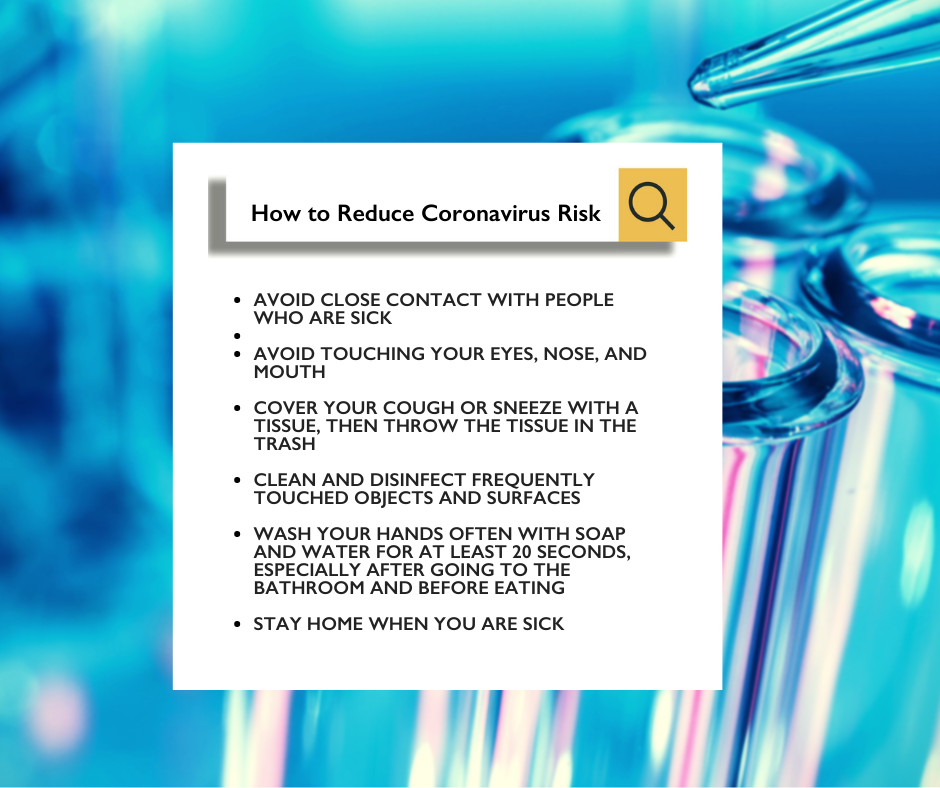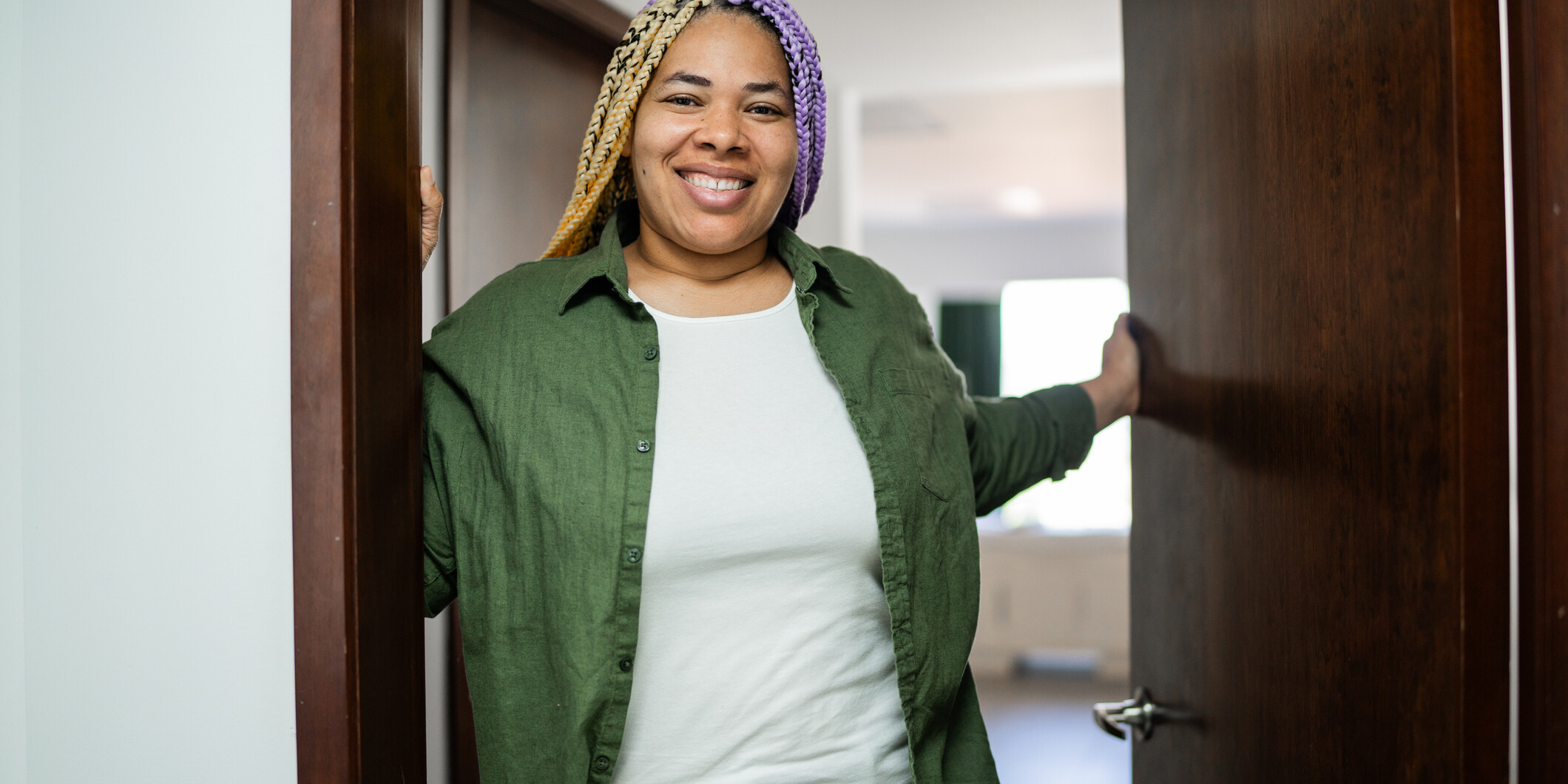
Pennsylvania now has two confirmed cases of the coronavirus–one in Delaware County and one in Wayne County, which has many moms on high alert. When I first heard about the virus, I wasn’t really worried. Even though there is currently no vaccine to prevent it, I wasn’t losing sleep over something that may or may not spread to our area. I focused on what I could control–reinforcing healthy habits with my family and becoming informed on the topic.

Earlier this week, to address the fears of students, my daughter’s school brought up the issue at an assembly. My daughter previously asked me if we were stockpiling food; if my nephew, who had strep throat would get the coronavirus; and if we knew anyone traveling to China. The school did a wonderful job of answering questions like these and calming the kids. If you want to talk about the topic at home, be sure to find an age-appropriate video.
According to the CDC, the best way to prevent illness is to avoid exposure to the virus. The CDC recommends doing these everyday preventive actions.

I nodded my head as I read that list until I got to the last bullet point. Stay home when you are sick. This recommendation makes sense in theory but staying home from work isn’t a reality for many moms. Most jobs do not offer paid sick days or paid family or medical leave to their employees.
When employers offer paid leave, it rarely covers 14 days. That’s the amount of time you should isolate if you suspect you have the coronavirus.
Millions of American workers can’t call off work when they get sick. They lack access to paid sick days and paid family leave. Without these benefits, employees face needless exposure to the virus. Paid sick days help with short-term recovery. Paid leave helps workers manage longer-term health needs. It also covers extended quarantine periods to prevent further spread.
Many small employers cannot cover wages for employees who need virus-related time off. That’s why a state-managed insurance fund, like the one proposed by The Family Care Act, is essential. The Act would create a fund that provides paid family leave to Pennsylvania workers who need time off.
Unlike FMLA (Family Medical Leave Act), the Family Care Act would cover more situations. Workers could take paid leave if they recover from unexpected illnesses like coronavirus. It would also cover recovery from medical treatments such as chemotherapy or heart surgery. Employees could care for a frail parent, a critically ill child, or take care of a newborn. Depending on the reason, workers could file for up to 20 weeks of leave in an application year.
Luckily, you can help bring paid family medical leave to Pennsylvania. Text “FAMILY” to 52886 to sign up for action alerts. The Family Care Campaign, a statewide coalition, is working to pass the Family Care Act.
Texting not your style? Not to worry–you can also sign up (and learn more) at the Take Action page at familycareact.com.
Disclosure: This story is brought to you by the Women and Girls Foundation. Although the site receives compensation, I pitched this story and the opinions are my own.
Heather
Not long ago, Heather Hopson lived in the Cayman Islands and hosted a television show. Today, she’s back home in Pittsburgh writing a different type of story as the founder of Motor Mouth Multimedia and Single Mom Defined. Utilizing more than a decade of television news reporting experience, Heather assembles teams to tell diverse stories, provide unique perspectives, and increase the visibility of important issues for local and national clients. In 2018, Heather, inspired by her daughter, produced Single Mom Defined, a photo essay and video series that provides a more accurate definition of single Black motherhood than the one society presents.
Heather obtained a BA in Journalism from Michigan State University, where she served as president of the Delta Zeta Chapter of Alpha Kappa Alpha Sorority, Inc.



